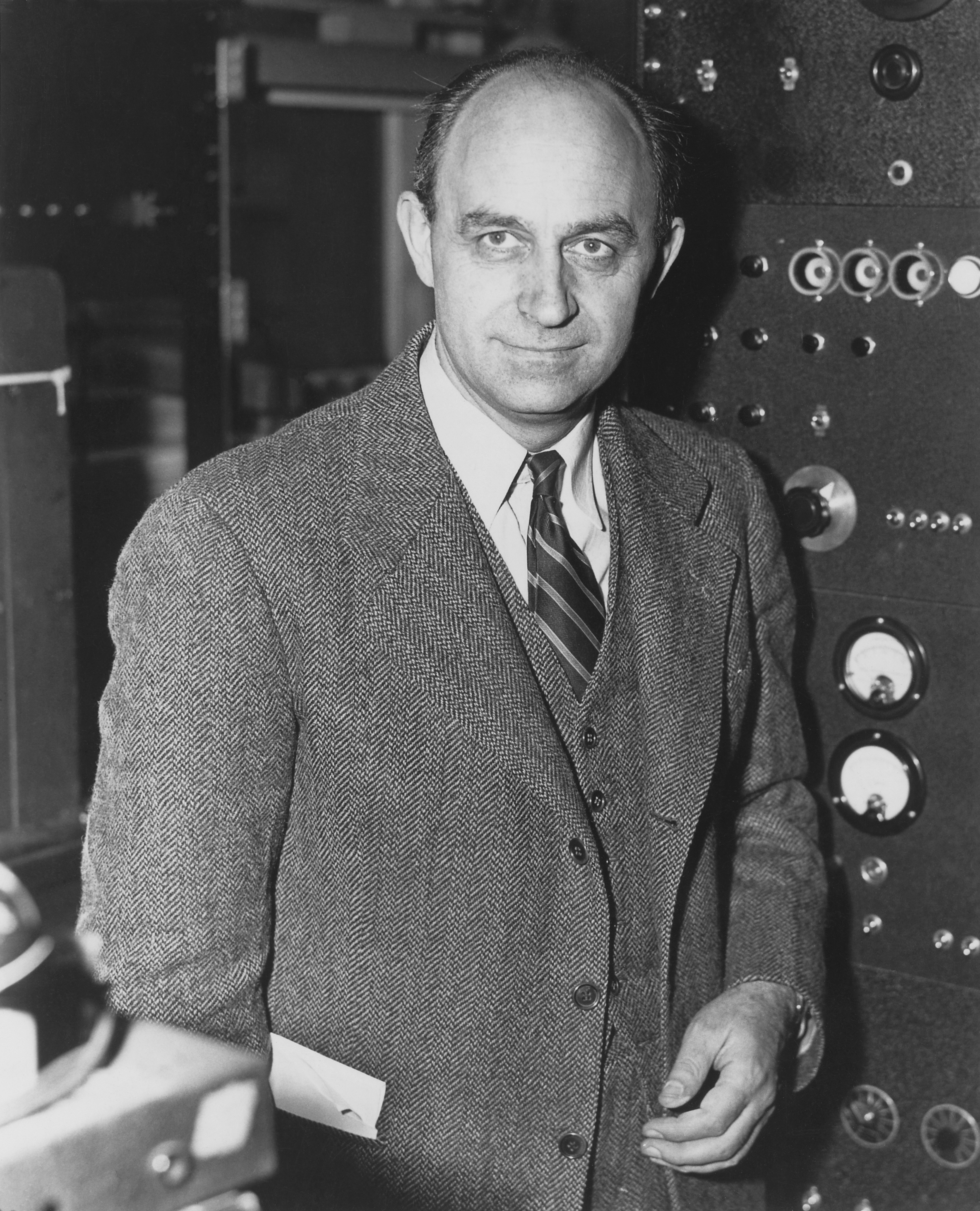 The other day a friend unexpectedly referred to Fermi problems (attributed to the famous physicist Enrico Fermi). I am the one who once (in ancient times) studied mathematics and physics and he is a marketing /advertising guy so I was a bit surprised. When realizing in what way he used the notion of Fermi problems I suddenly saw its pedagogical significance when describing the value of forecasting in general and more specifically the value of developing scenarios.
The other day a friend unexpectedly referred to Fermi problems (attributed to the famous physicist Enrico Fermi). I am the one who once (in ancient times) studied mathematics and physics and he is a marketing /advertising guy so I was a bit surprised. When realizing in what way he used the notion of Fermi problems I suddenly saw its pedagogical significance when describing the value of forecasting in general and more specifically the value of developing scenarios.
In Wikipedia we can read this about Fermi problems:
The classic Fermi problem, generally attributed to Fermi, is How many piano tuners are there in Chicago? A typical solution to this problem would involve multiplying together a series of estimates that would yield the correct answer if the estimates were correct. For example, we might make the following assumptions:
1. There are approximately 5,000,000 people living in Chicago.
2. On average, there are two persons in each household in Chicago.
3. Roughly one household in twenty has a piano that is tuned regularly.
4. Pianos that are tuned regularly are tuned on average about once per year.
5. It takes a piano tuner about two hours to tune a piano, including travel time.
5. Each piano tuner works eight hours in a day, five days in a week, and 50 weeks in a year.
From these assumptions we can compute that the number of piano tunings in a single year in Chicago is
(5,000,000 persons in Chicago) / (2 persons/household) × (1 piano/20 households) × (1 piano tuning per piano per year) = 125,000 piano tunings per year in Chicago.
And we can similarly calculate that the average piano tuner performs
(50 weeks/year)×(5 days/week)×(8 hours/day)×(1 piano tuning per 2 hours per piano tuner) = 1000 piano tunings per year per piano tuner.
Dividing gives
(125,000 piano tuning per year in Chicago) / (1000 piano tunings per year per piano tuner) = 125 piano tuners in Chicago.
It is really about having a reasonable correct estimate (at least the right magnitude) based on what you already know rather than having a correct answer. The point is that sometimes this is enough for your purpose. Especially when that information is all you have at the moment.
When working with the future you never have enough information and you have to use the information you have in an intelligent way in order to understand what this means for the future. The point then is not to predict the future in a deeper sense but using your brain and available data to produce at least some intelligent conclusions about the future which will help us take decisions today. I would argue that these conclusions are similar to the Fermi estimates you do when not having enough information.
Check out fermiproblems.in for a great collection of fermi problems